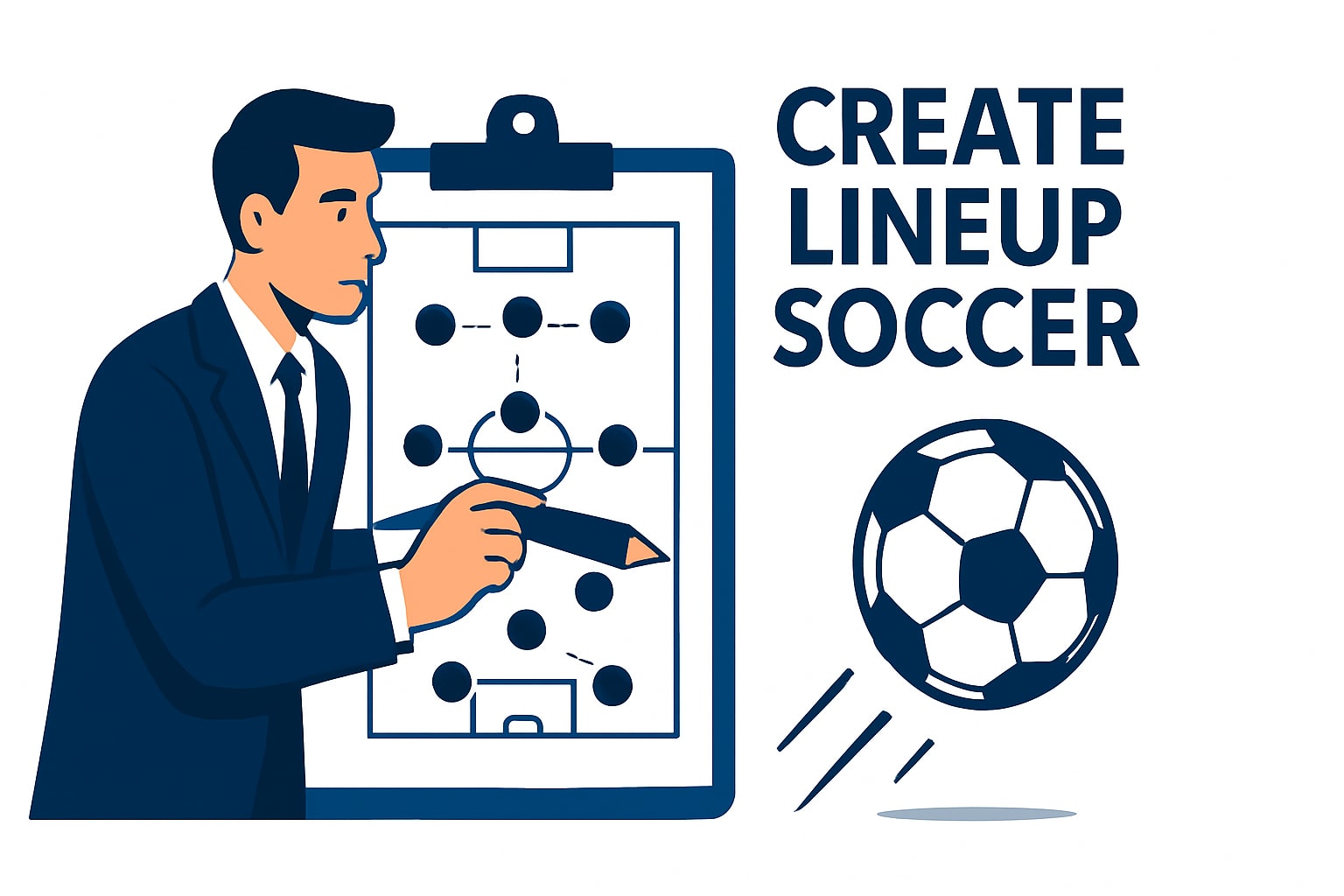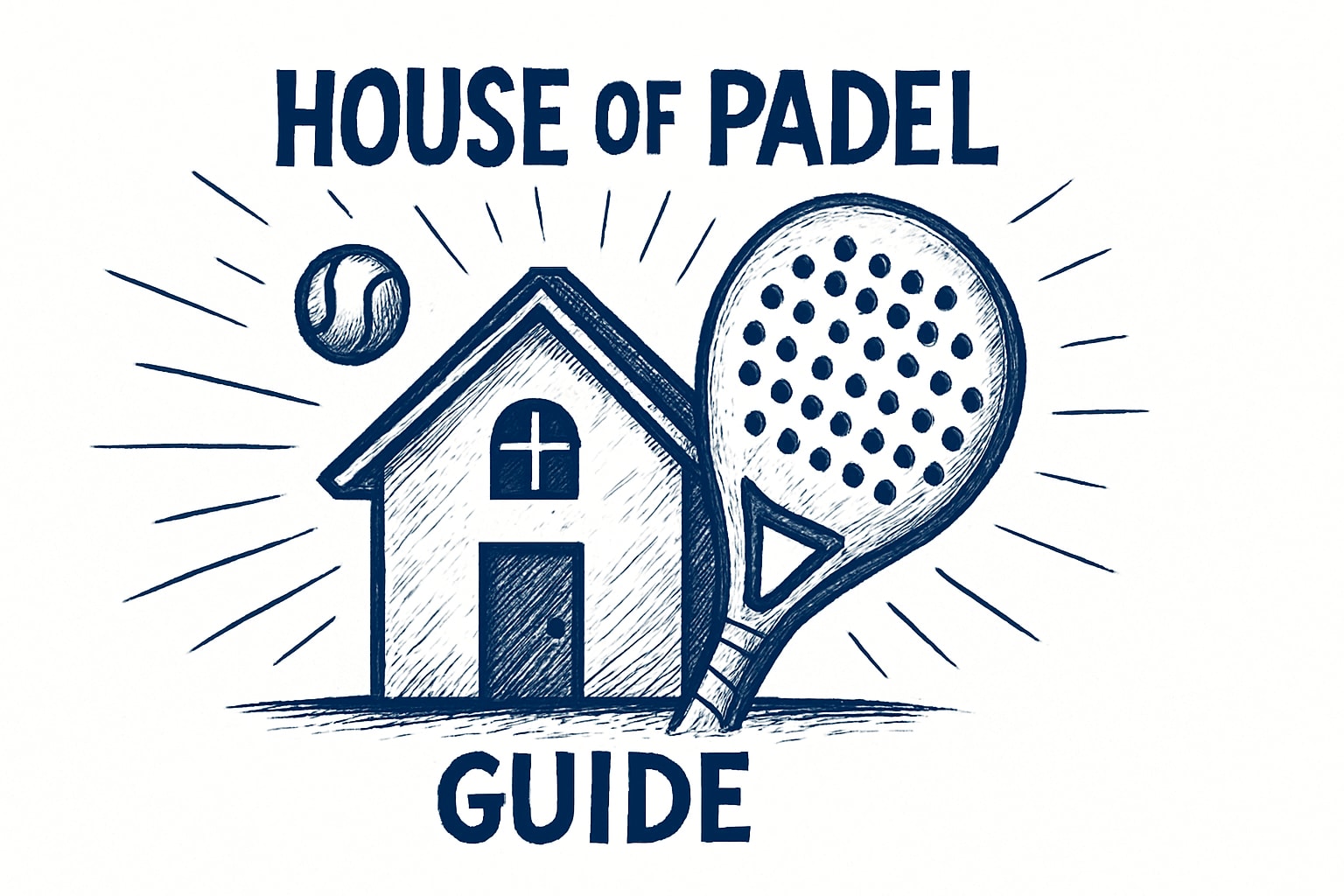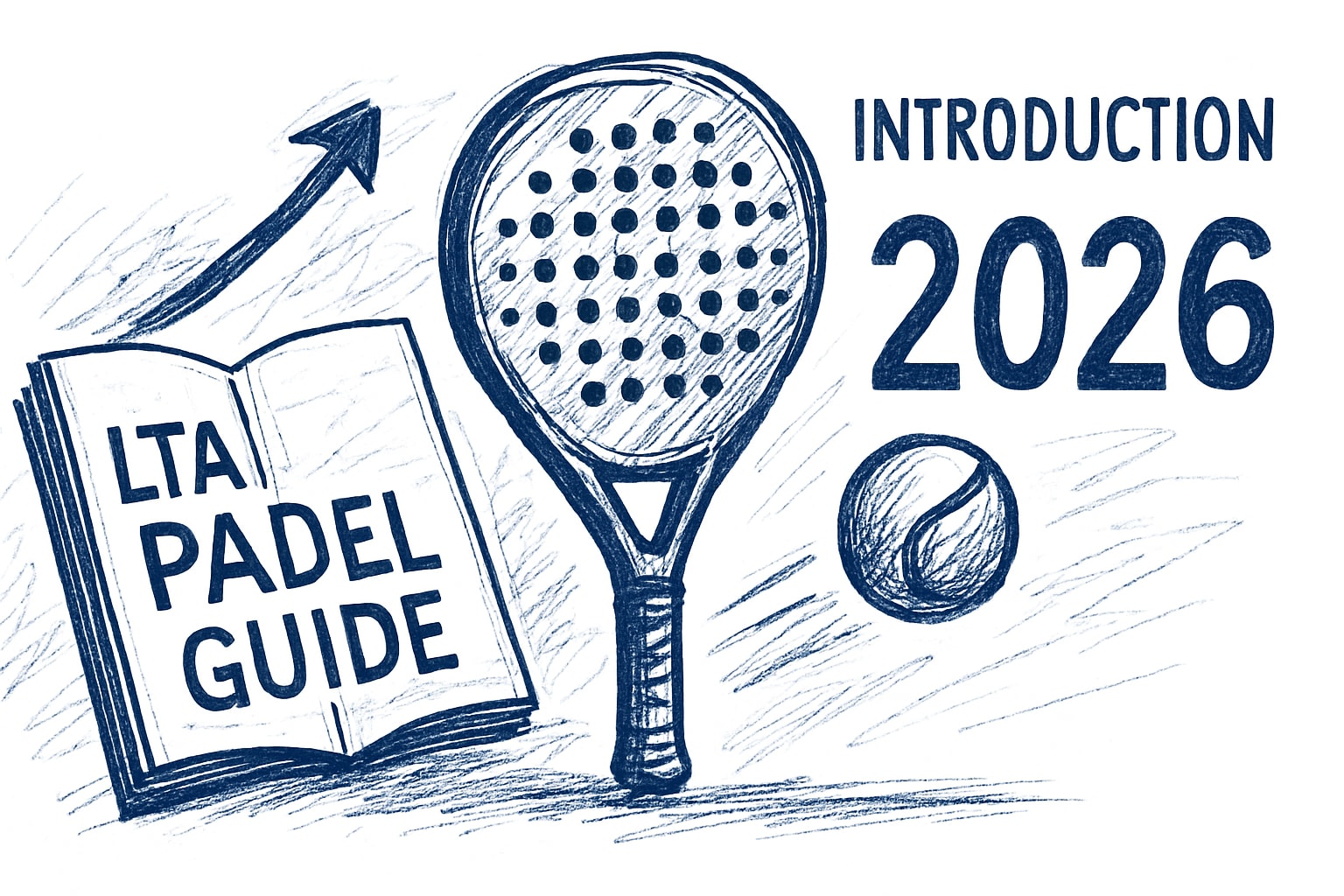Télécharger Poteau
NFL Refereeing Bias Allegations
Historical Context of NFL Refereeing Bias Allegations
Allegations of refereeing bias in the NFL have a long history, often tied to pivotal moments in the league's evolution. Notable instances include controversial calls in high-stakes games, such as the infamous "Tuck Rule" game during the 2001 playoffs, which many perceived as favoring the New England Patriots. Similarly, the 2018 NFC Championship Game saw widespread outrage over a missed pass interference call, prompting public debate about officiating standards.
These moments have often sparked intense media scrutiny and fan backlash, highlighting perceived favoritism or human error. As discussions continue, some sports fans might also draw parallels with other games, such as soccer, where pick up soccer games or even structured matches like position numbers in soccer 9v9 play a significant role in the way the game is enjoyed. And as the sport continues to grow globally, questions like "soccer was invented by who" spark curiosity, pointing to its long and fascinating history. Over time, these discussions have fueled calls for greater transparency, technological intervention, and consistency in officiating, cementing the issue as a recurring challenge for the league.
Factors Contributing to NFL Refereeing Bias Allegations
Several factors contribute to allegations of refereeing bias in the NFL. Human error is inherent in officiating, as referees must make split-second decisions in high-pressure environments. The complexity and speed of the game increase the likelihood of mistakes, which can be perceived as bias when they disproportionately impact certain teams or outcomes.
Perceived favoritism also plays a role, with fans and players sometimes accusing referees of giving preferential treatment to high-profile teams or star players. This perception is often amplified by the league’s financial interests, as market size and broader narratives—such as promoting popular teams or players—can create the impression that the NFL benefits from certain outcomes. These factors, whether real or imagined, continue to fuel skepticism about the fairness of officiating in the league.
Analysis of High-Profile Controversies
High-profile officiating controversies, such as the missed pass interference in the 2018 NFC Championship or questionable calls in the 2020 Packers-Buccaneers playoff game, have sparked intense debate. These incidents have altered game outcomes and playoff trajectories, eroding trust among fans and prompting calls for officiating reforms to protect the sport’s integrity.
Refereeing Oversight and Accountability
The NFL evaluates referees through regular performance reviews and game assessments, with poor performance potentially leading to fines or reassignment. Despite these measures, many believe oversight lacks transparency, fueling calls for more accountability.
Technology, such as instant replay and the introduction of the SkyJudge, has improved accuracy but is not without limitations. Fans and analysts often push for expanded tech use and clearer officiating protocols to reduce errors and increase trust in decisions. Greater transparency in how calls are reviewed and officials are held accountable remains a key demand for restoring confidence in NFL officiating.
NFL Refereeing Bias Allegations: Impact on the NFL
Allegations of refereeing bias have eroded trust among fans and players, leading to skepticism about the fairness of NFL games. This distrust can impact player morale and fan engagement, harming the league's image.
These concerns also raise questions about game integrity, as perceived bias or officiating errors can overshadow results. Over time, such issues may damage the NFL’s reputation, prompting calls for stronger measures to ensure fairness and transparency.
Public Perception and Media Role About NFL Refereeing Bias Allegations
Media coverage plays a significant role in shaping perceptions of NFL refereeing bias. Highlighting controversial calls can fuel allegations, while expert analysis and explanations from officiating experts may help mitigate backlash.
Social media amplifies these reactions, with fans sharing clips and opinions in real time. Viral moments of questionable officiating often escalate quickly, intensifying public scrutiny and increasing pressure on the league to address perceived biases.
Proposed Solutions to Address NFL Refereeing Bias Concerns
To address concerns about refereeing bias in the NFL, several solutions have been proposed to enhance fairness and accuracy. Advanced technology, such as AI-assisted refereeing, could improve decision-making by providing real-time analysis and reducing human error. Enhanced training and evaluation for referees would also ensure consistency and better preparation for high-pressure situations. Additionally, implementing structural changes—such as stricter protocols to prevent conflicts of interest—could help restore trust in officiating.
Key solutions include:
AI-Assisted Refereeing: Leveraging technology to improve the accuracy and consistency of calls.
Referee Training Programs: Increasing focus on decision-making, rule application, and situational awareness.
Transparent Oversight: Establishing clearer processes for reviewing referee performance and addressing errors.
Independent Review Boards: Minimizing perceived conflicts of interest by separating officiating oversight from league operations.
These steps aim to create a more transparent and trustworthy officiating system, safeguarding the integrity of the sport.





